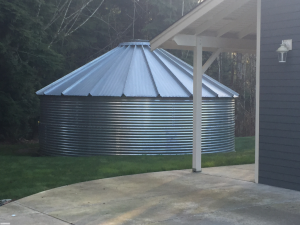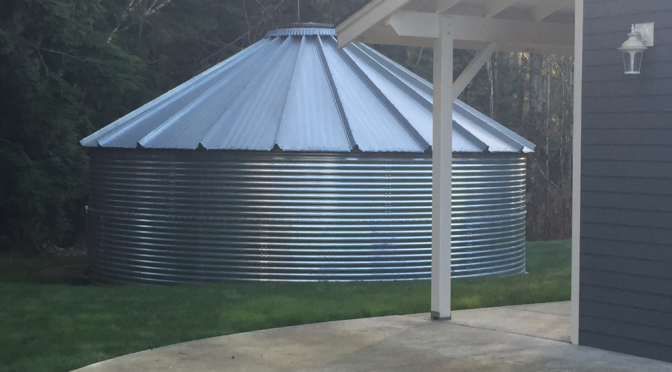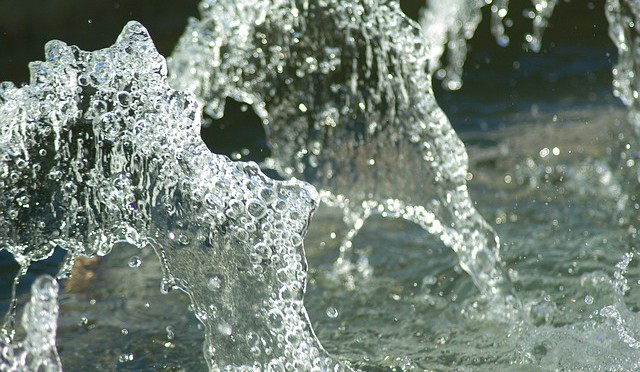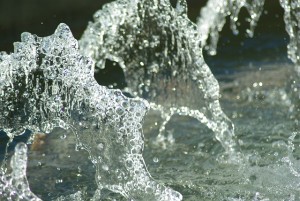 Collecting rainwater offers many benefits for residents and businesses – for potable (drinking, showering) and non-potable applications (toilet flushing, irrigation, wash down) – and more. Water tanks can be made of plastic or steel and can be set above or below ground, depending on the amount of space available. Here are 7 reasons to collect rainwater:
Collecting rainwater offers many benefits for residents and businesses – for potable (drinking, showering) and non-potable applications (toilet flushing, irrigation, wash down) – and more. Water tanks can be made of plastic or steel and can be set above or below ground, depending on the amount of space available. Here are 7 reasons to collect rainwater:
Significant, economic, social, and environmental benefits can be achieved by collecting, storing, and using rainwater. According to the Texas A&M AgriLlife Extension and the American Rainwater Catchment Systems Association (ARCSA), rainwater harvesting benefits individuals and communities in many ways.
- CONSERVES WATER: Rainwater harvesting provides an alternative water source to well water and public water supplies. About 50 to 70 % of all household water is used for landscape irrigation and other outdoor activities.
- CONSERVES ENERGY: Because rainwater harvesting bypasses the centralized water system, it conserves energy. Many household systems require only a small pump to create water pressure in the pipes, and many non potable systems operate by gravity.
- PREVENTS FLOODING AND EROSION: Part of the local rainfall is diverted into collection tanks or passive harvesting methods, leaving less storm water to manage. Stormwater problems are turned into water supply assets by slowing runoff and allowing it to soak into the ground.
- DECREASES WATER CONTAMINATION: Captured rainwater does not cause immediate runoff. Limiting runoff helps decrease the contamination of surface water by sediments, fertilizers, and pesticides in rainfall runoff.
- REDUCES PERSONAL WATER BILLS: Rainwater can be used in landscaping, for toilets, and for washing laundry. With more filtration and treatment, it can be used for cooking and drinking as well.
- SUPPLIES NUTRIENTS TO PLANTS: Rainwater often contains nitrogen which provides a slight fertilizing effect for plants.
- PROVIDES NATURALLY SOFT WATER: The use of rainwater can significantly reduce the amounts of detergents and soaps needed. It also prevents soap scum, hardness deposits, and the need for water softeners.
A properly installed rainwater harvesting system, by a credentialed company, reaps rewards over city, well or surface water for many years with reliable, safe and quality water.
This throwback Thursday post was originally published under the title Benefits of Rainwater Collection at RainBank.info.



 You might not expect it can happen here in the US, but water stress is heading this way.
You might not expect it can happen here in the US, but water stress is heading this way.
 More and more, folks are reaching out for information on rainwater collection and harvesting practices in the Puget Sound area, especially Greater Seattle.
More and more, folks are reaching out for information on rainwater collection and harvesting practices in the Puget Sound area, especially Greater Seattle.